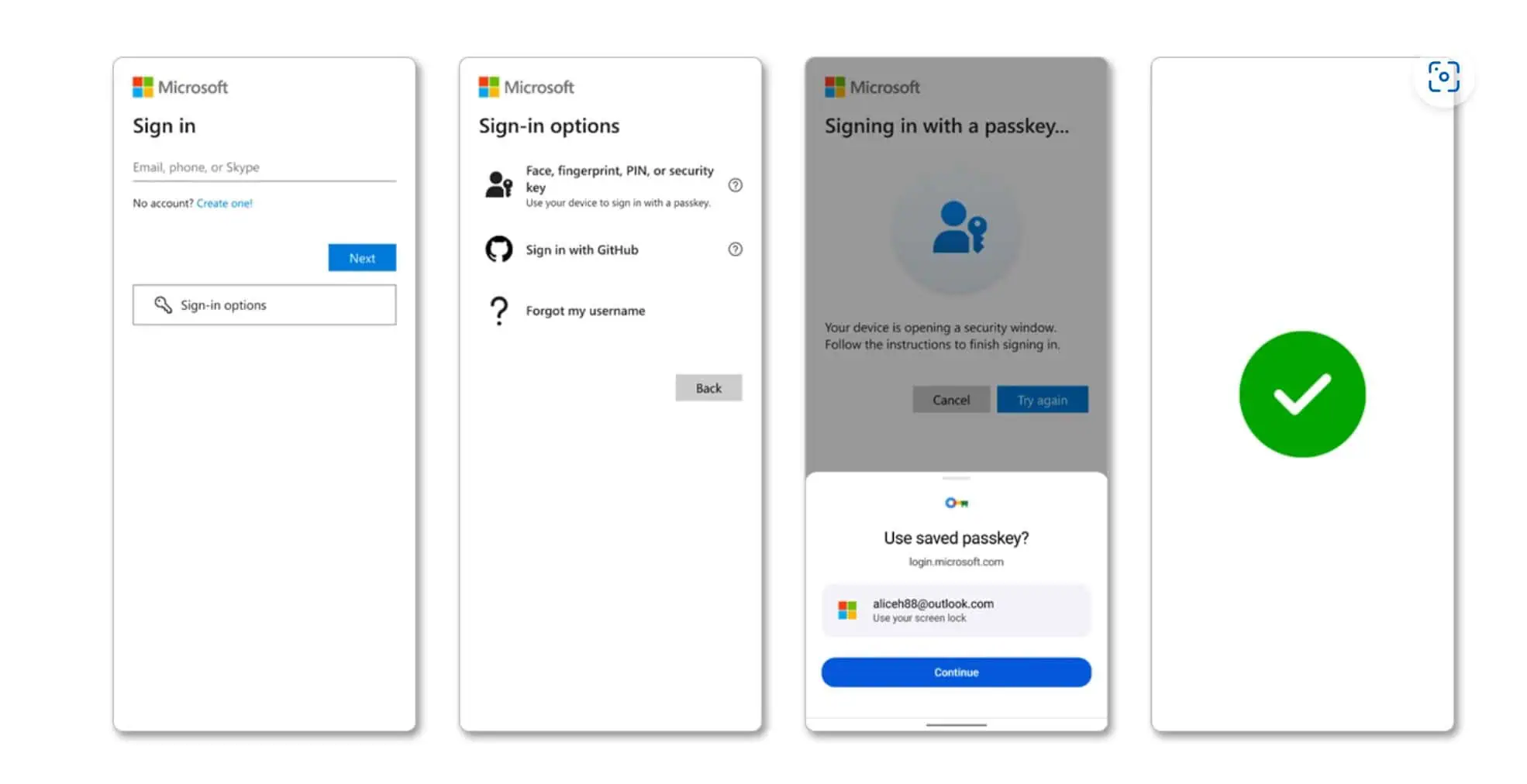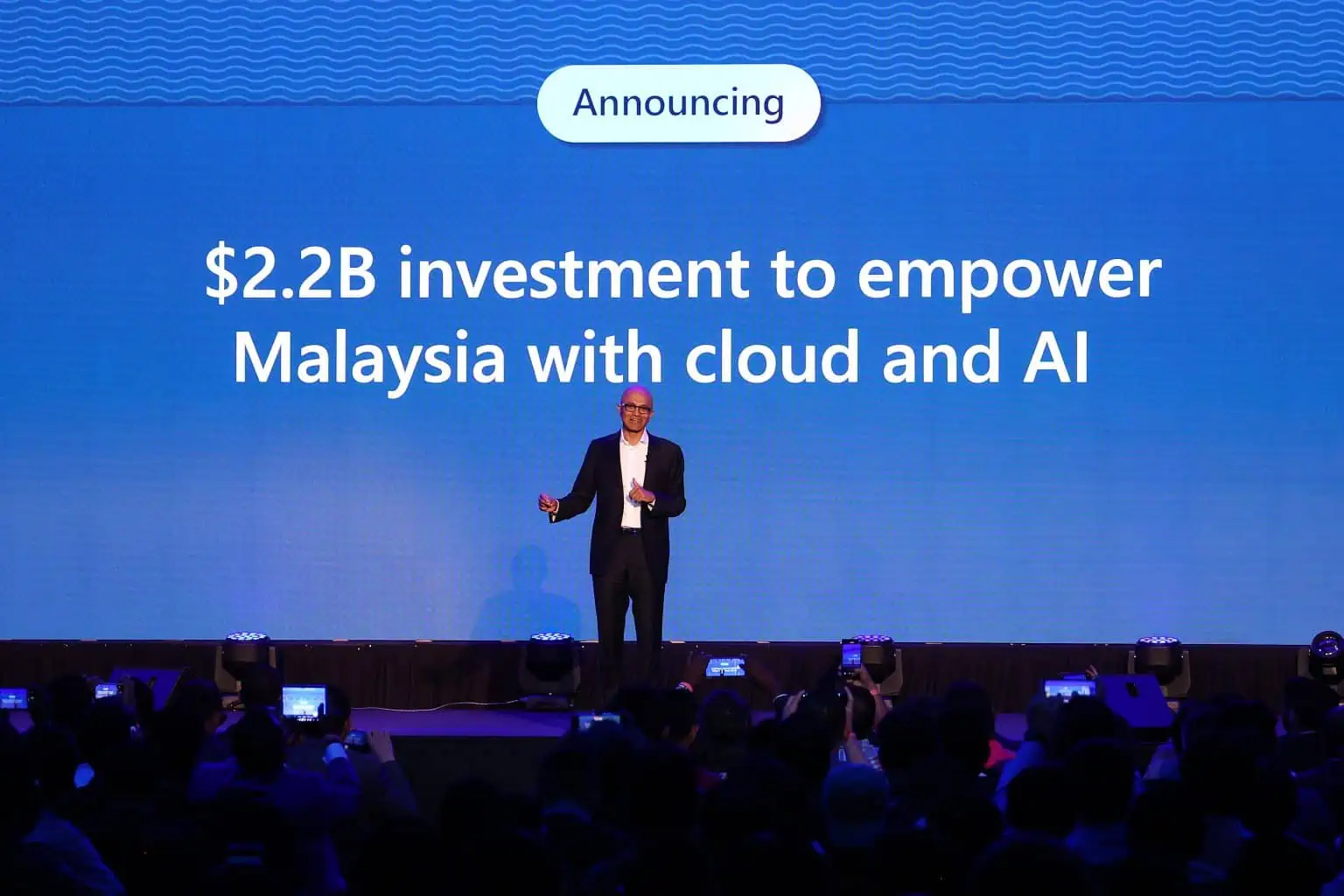Bing under fire - found to be compliant with Chinese censorship, against company's principles of democracy and human rights
2 min. read
Published on
Read our disclosure page to find out how can you help MSPoweruser sustain the editorial team Read more
Key notes
- Microsoft Bing heavily censors search results in China to comply with the country’s laws, raising ethical concerns about free speech.
- Bing’s censorship system involves blacklists and filtering, blocking sensitive topics like human rights and the Tiananmen Square massacre.
- Microsoft defends its approach, arguing it offers some information access and pushes for openness, while critics see it as aiding government control.

Microsoft’s Bing is in the middle of a controversy after a new report revealed the extent of its compliance with China’s strict censorship laws. The report, published by Bloomberg Businessweek, details how Bing filters out information deemed sensitive by the Chinese government. How is it a concern? It raises ethical questions about the company’s role in potentially hindering free speech.
The report is into the inner workings of Bing’s China operation, revealing a system heavily reliant on blacklists and automated filtering. Thousands of websites, words, and phrases are blocked, encompassing topics ranging from human rights and climate change to the Tiananmen Square massacre and references to prominent dissidents. A complete contrast to what the world outside China has.
Microsoft defends its approach, arguing that maintaining a presence in China allows it to offer some access to information and move the country towards greater openness. The company claims it only censors in response to “narrow legal orders” and pushes back against requests deemed excessive. They also point to their efforts to maintain a less censored search experience compared to other options available in China.
Critics disagree with Microsoft; they argue that complying with censorship, even partially, undermines the company’s stated principles of promoting democracy and human rights. They see this as Microsoft aiding the Chinese government in controlling the flow of information and stifling dissent.
The situation surrounding Bing in China highlights the intricate web of challenges technology companies face when operating in countries with varying political landscapes and censorship regulations.
More here.








